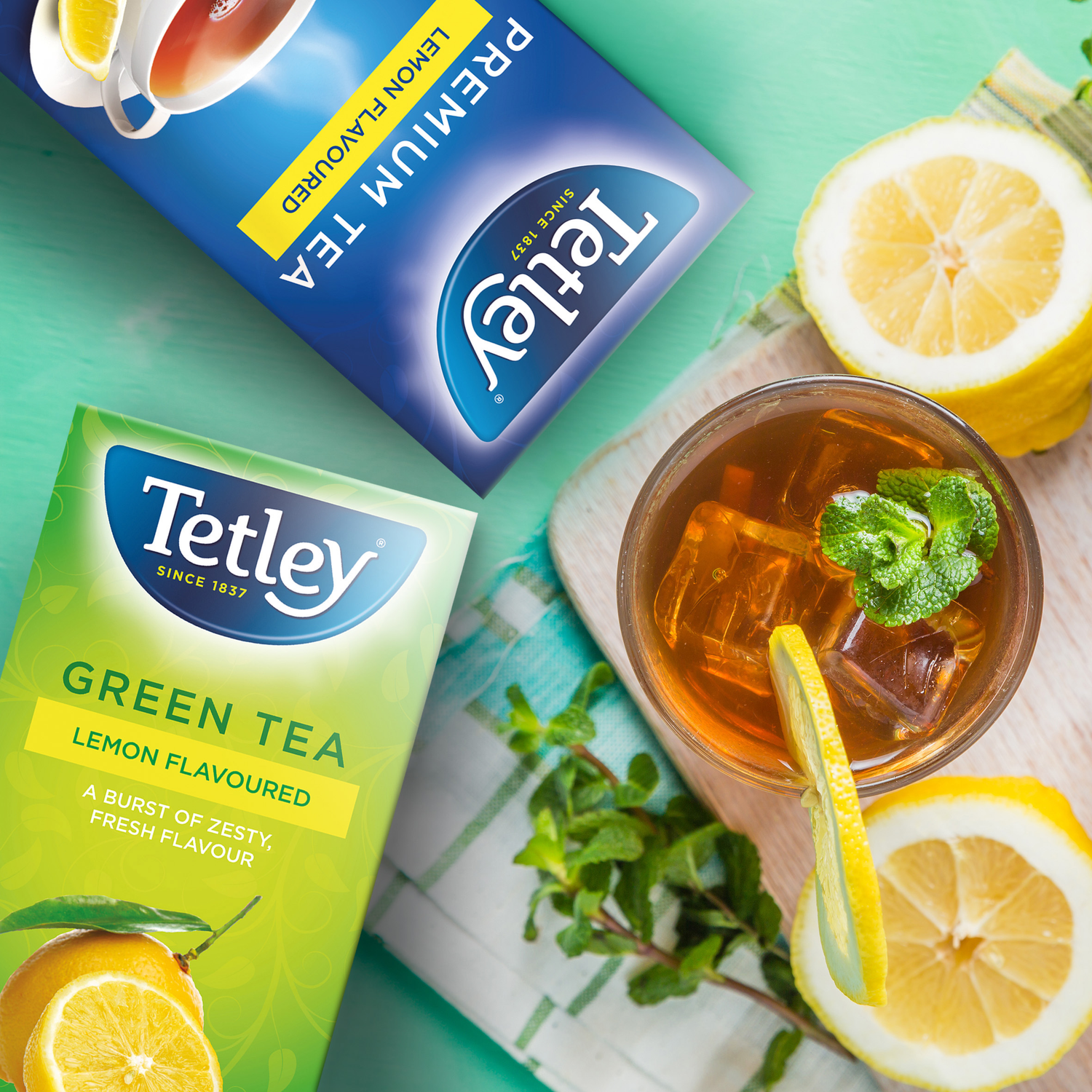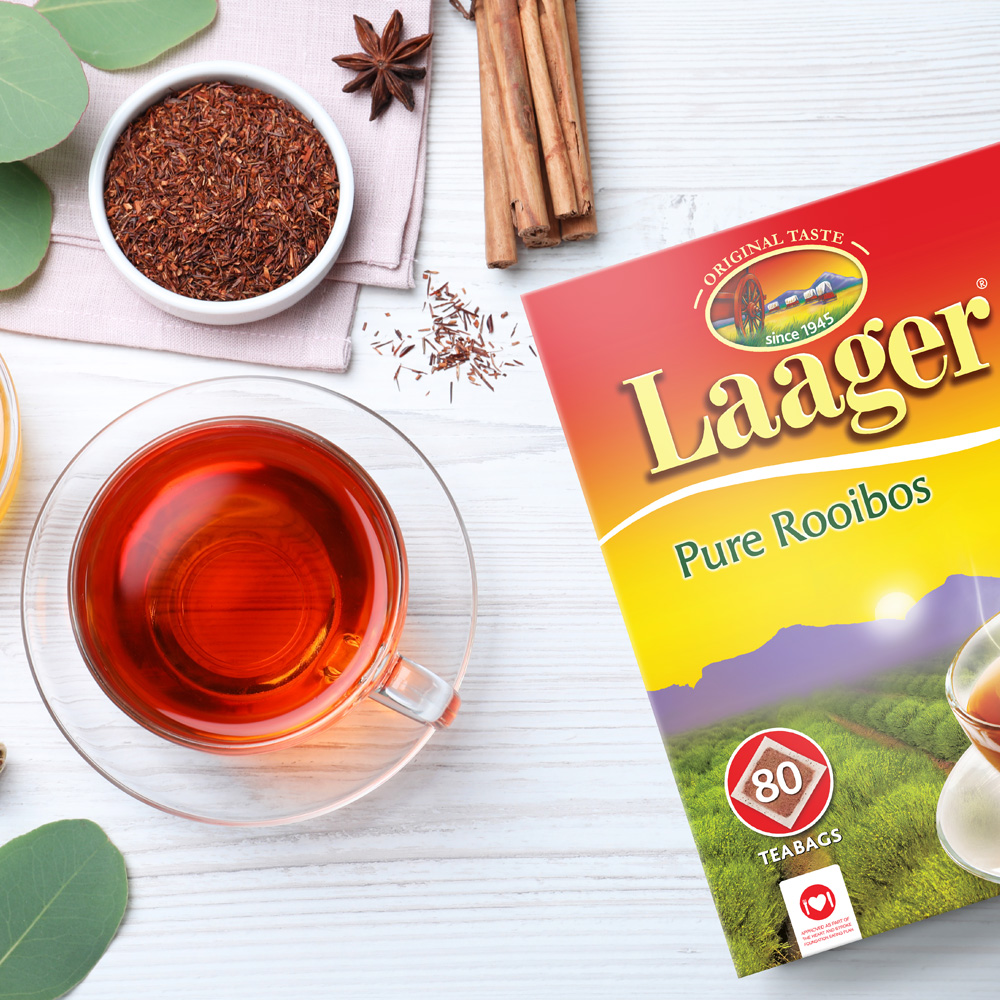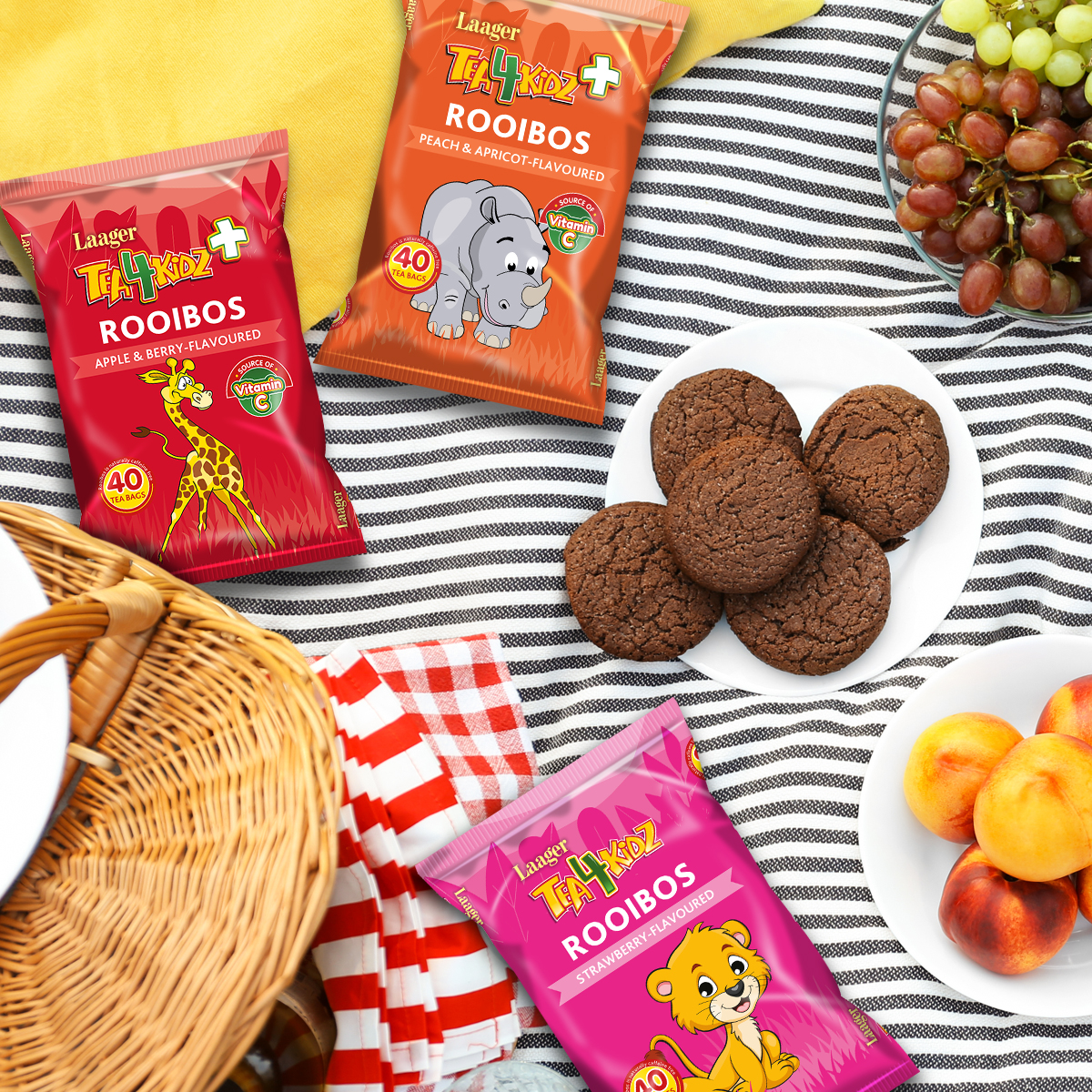While most parents and caregivers understand the importance of nutrient-enriched food for a growing child, many don’t realise that there are changing nutritional requirements at each age level. Mbali Mapholi, Laager Tea4Kidz partner dietitian, has provided an easy guide on what foods and beverages caregivers should be giving their children, depending on their ages.
“Optimal nourishment is a key component of children’s growth and development, building a healthy immune system, and reducing the risk of chronic diseases later in life,” explained Mapholi. “Their nutritional needs change with each age, which means their daily food intake needs to change to match that. Nutrients are grouped as micronutrients, which are nutrients needed in smaller quantities like vitamins and minerals, while macronutrients are nutrients needed in larger quantities and contribute directly to daily energy levels such as carbohydrates, protein, and fat.”
Age-by-age nutrition guidelines
1. Infants (0 to 6 months)
Infants experience massive growth and development in the first 6 months of life, including the development of the digestive system and visual development. From 4 to 6 months, babies are ready to start solids to complement breastfeeding or formula, although breastmilk and formula remain the primary source of nutrition.
Nutritional requirements:
- Exclusive breastmilk is encouraged for the first 6 months of life.
- Exclusively breastfed babies or partially breastfed babies (receiving less than 1 litre of artificial milk a day) may need additional vitamin D supplementation as breastmilk lacks vitamin D - 400IU vitamin D supplementation (liquid form) is recommended per day, but speak to your health professional for direct advice.
2. Babies (6 to 12 months)
This is a time of more physical growth and development for your child, including brain development and teething.
Nutritional requirements:
- Increased need for iron and zinc which can be found in pureed meats, grains, fortified cereals and porridges.
- Babies should be offered small amounts of nutrient-enriched foods, introducing them to one food item at a time.
- Integrate legumes and pulses (beans, chickpeas, lentils) into meals to bulk up and increase the nutritional value.
- No seasoning is needed at this age at all, and eggs should not be added raw but rather cooked thoroughly to prevent bacteria contamination.
- Babies below the age of 1 year should not be offered cow’s milk. However, fluid intake will increase in the form of primarily breastmilk, clean water, or unsweetened Rooibos such as the Laager Tea4Kidz range as a substitute for water.
- Meals could include maize-meal porridge with margarine; mashed potato with pureed chicken livers and butternut puree; fortified infant cereal.
3. Toddlers (1 to 3 years)
There is more height growth and increased socialising during this phase, with more food variety required for the daily diet.
Nutritional requirements:
- More grains, eggs, legumes, meats, starches, vegetables, fruits, nuts and seeds (depending on allergies).
- Seasoning may be added at this age but keep salt as low as possible. Use herbs or natural seasonings to flavour food for mild tasting.
- Fluid requirements increase as they grow bigger at this age. To meet fluid needs, breastmilk can continue but there is no need for infant formula from 12 months.
- Pasteurised cow’s milk may be included from 12 months as part of the child’s daily diet.
- Vitamin C-enriched Laager Tea4Kidz Rooibos is beneficial for hydration and to protect toddlers starting daycare from common colds and flu.
4. Pre-schoolers (4 to 8 years)
There are increased nutritional needs for the growing body and children at this age are more susceptible to picky eating. The body will adjust to the daycare environment as more germs are encountered. The child’s fluid intake will increase significantly – especially on hot days – but beware of sugar-laden drinks which can affect appetite, cause tooth decay, and contribute to childhood obesity. This is a good time to involve children in food making, trying out healthy recipes (such as this delicious healthy biscuit recipe below!)
Nutritional requirements:
- The intake of different food groups will almost have doubled by this time which means more servings of grains, legumes, vegetables and fruits, meat, eggs, seeds and nuts.
- Children need plenty of clean, safe water. Laager Tea4Kidz Rooibos can also be served hot or cold as a healthy and delicious way to increase fluid intake. It has a variety of flavours, which are naturally sugar-free and caffeine-free. This can also be added to the lunchbox.
5. Pre-teens (9 to 11 years)
The pre-teen years are a time of rapid growth and development as the body gets ready for the teenage years. This is a time of increased independence in making meals, snacks, and drinks. With the larger body size and increased physical activity, the body needs more fluids at this age.
Nutritional requirements:
- The intake of carbohydrates, proteins, fats and calories increases significantly at this age.
- It’s important to choose more lean protein sources, whole grains, high-fibre starches, vegetables, fruits, and dairy.
- Encourage healthy snacks throughout the day to meet increased nutritional needs.
- It’s recommended that children have three daily dairy servings to support higher calcium needs.
“Ensuring our children are enjoying a healthy, balanced diet is a daily duty for every parent, and we want to ensure we’re doing everything we can to provide the best support,” explained Candice Sessions, Laager Marketing Manager. “We believe the valuable nutritional information supplied by Mbali, our Laager Tea4Kidz partner dietitian, will go a long way in helping caregivers achieve these
nutritional goals. We’ve also shared a really wonderful biscuit recipe from Mbali to help you get into healthy habits this year!”
Laager Tea4Kidz Apple & Berry Biscuits
These delicious biscuits are packed with dietary fibre, iron, and calcium. They’re the perfect snack for children from 4 years, or dipped in milk to soften for younger children. These are also the ideal accompaniment to some warm Laager Tea4Kidz Rooibos.
Ingredients
10 dates, pitted, finely chopped.
4 Laager Tea4Kidz Apple & Berry flavoured Rooibos teabags, brewed in 1 cup boiling water
90g (1 cup) rolled oats
400g can chickpeas, drained, rinsed
45g (1/2 cup) desiccated coconut
75g (1/3 cup) vegetable oil
2 tbsp cocoa powder, plus extra to flatten
1 tsp baking powder
1 egg
Method
- Preheat oven to 180°C /160°C and line two baking trays with baking paper. Place the dates in a heatproof bowl and cover with brewed Laager Tea4Kidz Rooibos tea. Set aside for two minutes to soften. Use a fork to coarsely mash.
- Process the oats in a food processor/blender until chopped. Add the dates, chickpeas, coconut, coconut oil, cocoa powder, baking powder, and egg. Process to combine. Transfer to a bowl and set aside for 30 minutes to allow to thicken.
- Roll level tablespoons of the mixture into balls and place on the prepared trays. Dip the tips of a fork in cocoa to prevent sticking and press into each cookie first one way and then the other (biscuits should be 1cm thick). Keep dipping the fork into cocoa as needed.
- Bake cookies for 12 minutes. Cool on the tray for five minutes, then transfer to a wire rack to cool completely. Store in an airtight container for up to four days (biscuits will become softer).
Have you got it at home?
Laager Tea4Kidz has a range of flavours, including 2 with added Vitamin C for even more health benefits. Parents and caregivers can also access a range of healthy recipes, advice and tips via the Joekels website, www.joekels.co.za, and via @Tea4Kidz on Facebook and @LaagerRooibosTea on Instagram.





